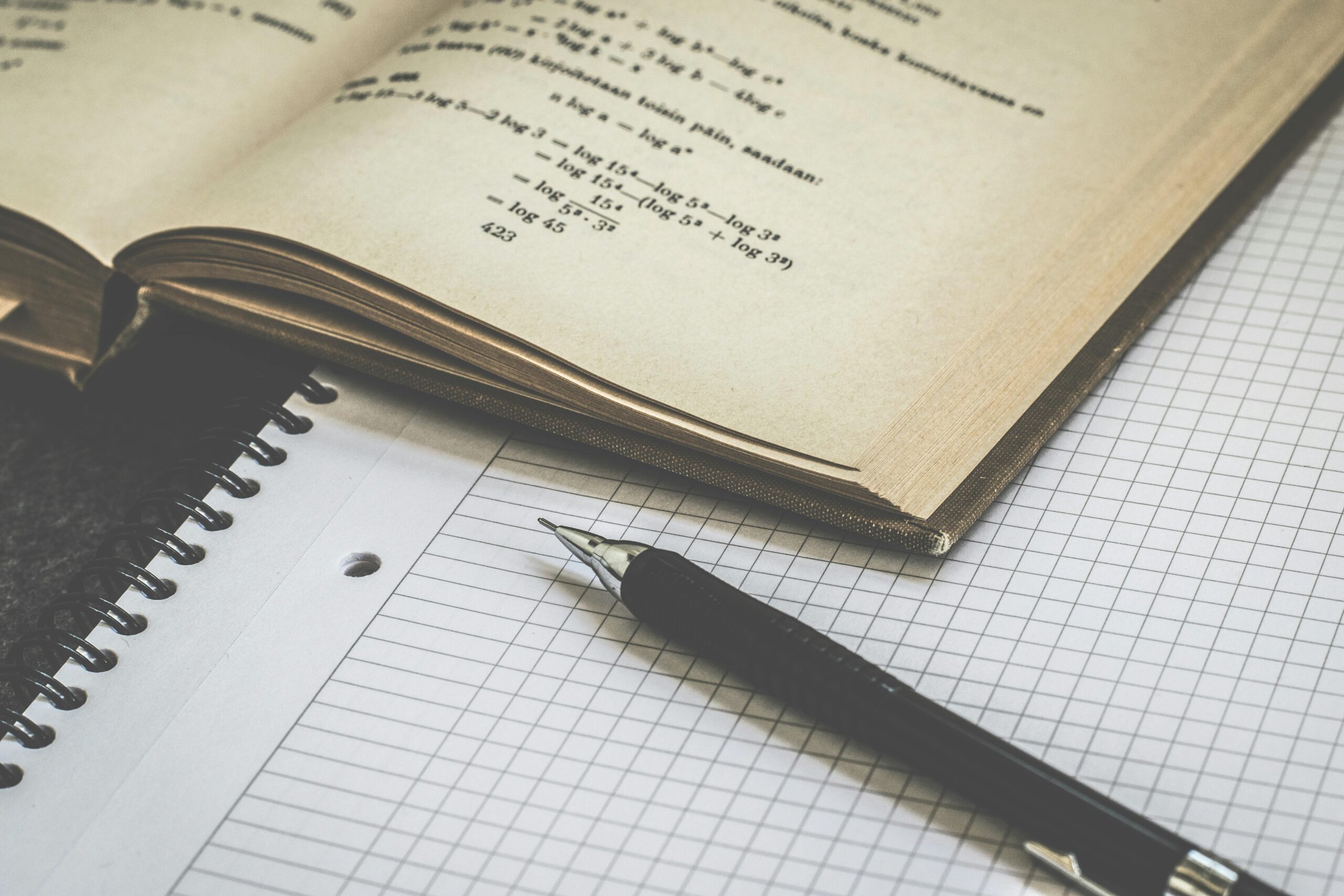The Role of Sleep in Exam Success
When it comes to preparing for exams, students often focus on study techniques, time management, and the best resources to use. However, one crucial aspect that is frequently overlooked is sleep. Adequate and quality sleep plays a vital role in exam success. In this blog, we’ll explore how sleep impacts cognitive function, memory consolidation, and overall academic performance.
1. The Science of Sleep and Learning
Sleep is not just a passive state; it’s a critical period for the brain to process and consolidate information. During sleep, particularly during the Rapid Eye Movement (REM) and deep sleep stages, the brain strengthens new memories and integrates them with existing knowledge. This process is essential for learning and retaining new information, which is crucial during exam preparation. Key Points:- Sleep helps in the consolidation of both declarative (facts and knowledge) and procedural (skills and tasks) memories.
- REM sleep, in particular, is associated with the processing of complex cognitive functions and problem-solving abilities.
2. Cognitive Function and Alertness
Lack of sleep can severely impair cognitive functions such as attention, concentration, and critical thinking—all of which are essential for effective studying and exam performance. Sleep deprivation leads to slower reaction times, reduced accuracy, and difficulty in focusing on tasks. Key Points:- Students who get sufficient sleep demonstrate better attention and faster information processing.
- Sleep deprivation negatively affects the prefrontal cortex, which is responsible for decision-making and problem-solving.
3. Emotional Regulation and Stress Management
Exams can be a source of significant stress and anxiety. Sleep plays a crucial role in emotional regulation, helping to maintain a stable mood and reduce stress levels. When you’re well-rested, you’re better equipped to handle exam-related pressures and maintain a positive mindset. Key Points:- Lack of sleep can increase levels of cortisol, the stress hormone, leading to heightened anxiety.
- Sufficient sleep helps in maintaining emotional balance and resilience during stressful times.
4. Physical Health and Immunity
Sleep is essential for overall physical health. During sleep, the body undergoes repair and restoration processes, including the immune system’s fortification. Being healthy during exam periods is crucial, as illness can derail your study plans and reduce your ability to perform well on exams. Key Points:- Sleep deprivation weakens the immune system, making you more susceptible to infections.
- Good sleep contributes to overall physical well-being, which supports sustained academic performance.
5. Optimal Sleep Habits for Exam Success
To harness the benefits of sleep for exam success, it’s important to develop good sleep habits. Here are some tips to ensure you’re getting the sleep you need: Tips:- Maintain a Regular Sleep Schedule: Go to bed and wake up at the same time every day, even on weekends.
- Create a Relaxing Bedtime Routine: Engage in calming activities such as reading, listening to soothing music, or practicing meditation before bed.
- Limit Screen Time Before Bed: The blue light emitted by screens can interfere with the production of melatonin, the sleep hormone. Try to avoid screens at least an hour before bedtime.
- Create a Sleep-Conducive Environment: Ensure your bedroom is cool, dark, and quiet. Consider using blackout curtains, earplugs, or a white noise machine.
- Avoid Caffeine and Heavy Meals Before Bed: Caffeine and large meals can disrupt your sleep patterns. Aim to have your last meal at least 2-3 hours before bedtime.
6. Balancing Study and Sleep
It might be tempting to pull all-nighters or cut back on sleep to cram for exams, but this approach is counterproductive. Prioritize your study sessions during the day and ensure you get enough sleep at night. Effective time management can help you balance both study and rest. Key Points:- Schedule study sessions in advance and break them into manageable chunks.
- Take short, regular breaks to avoid burnout and maintain productivity.
- Make sleep a non-negotiable part of your exam preparation plan.
Conclusion
Sleep is a critical factor in exam success, influencing cognitive function, memory consolidation, emotional stability, and physical health. By prioritizing good sleep habits and ensuring you get enough rest, you can enhance your learning abilities, reduce stress, and perform at your best on exam day. Remember, a well-rested mind is a sharp mind—make sleep a key part of your study routine for optimal academic performance.







